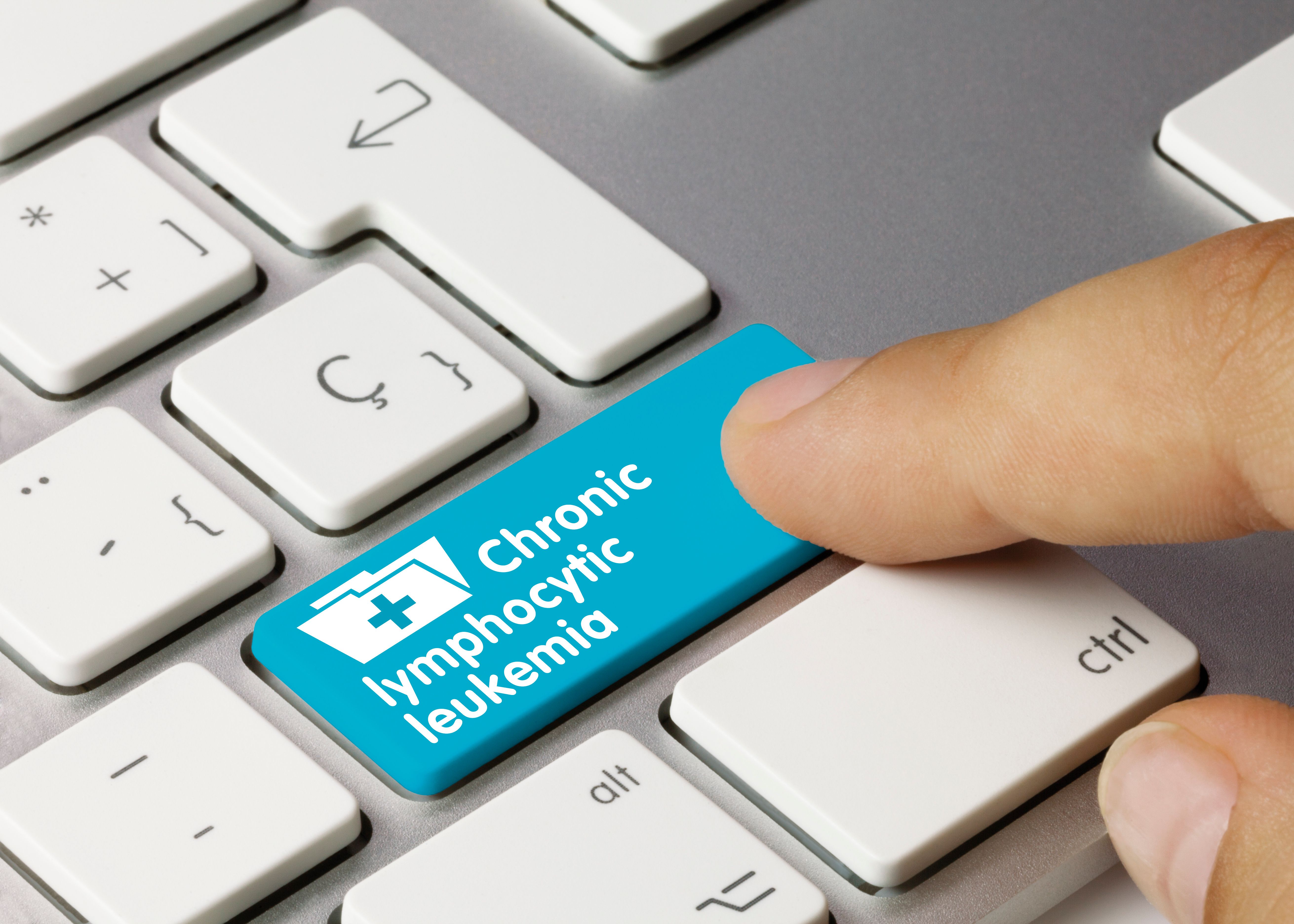- Center on Health Equity and Access
- Clinical
- Health Care Cost
- Health Care Delivery
- Insurance
- Policy
- Technology
- Value-Based Care
Nonpharmacological Approaches Lead to Significant Alleviation of CLL-Associated Fatigue
Investigators said both reflexology and acupressure led to similar improvement in patients after 4 weeks.
Two alternative medicine practices—reflexology and acupressure—appear to improve symptoms of fatigue among patients with chronic lymphocytic leukemia (CLL), according to a new report.
Chronic lymphocytic leukemia | Image Credit: © momius - stock.adobe.com

The study, which was published in the European Journal of Oncology Nursing, suggests the 2 practices are a low-cost way to address one of the most common adverse effects associated with cancer. The authors noted that fatigue is a significant concern for almost all patients with CLL.
“This fatigue profoundly affects an individual’s quality of life and their capacity to engage in everyday tasks,” they wrote. “It has been reported by approximately 32.54% of cancer patients and 91% of CLL patients, significantly impacting their daily functioning and social interactions.”
Fatigue often continues for years, even after treatment, they noted.
There are various methods of addressing fatigue in patients with cancer, including both pharmacological and nonpharmacological approaches. Within the latter category are reflexology and acupressure, both of which entail applying pressure to particular points on the body. In ancient Chinese medicine, acupressure was believed to rebalance “the body’s vital energy flow,” the investigators wrote.
“Complementary therapies such as reflexology and acupressure offer potential benefits in managing fatigue and improving the well-being of these individuals [with CLL],” the authors wrote. “These therapies can be used alongside conventional treatments to alleviate fatigue, enhance relaxation, and ultimately enhance the quality of life for individuals with CLL.”
The investigators wanted to scientifically evaluate the potential benefits of the 2 practices in patients with CLL at their institution, Imam Khomeini Hospital in Urmia, Iran. To do so, they recruited 102 patients with CLL and randomly assigned them to 1 of 3 groups. Two groups received either acupressure or reflexology therapy; the other group acted as a control group.
The 34 patients in the acupressure group were given twice-daily 10-minute acupressure sessions targeting the SP6 point for 4 weeks. The SP6 point is located on the inner lower leg, approximately 4 fingers above the ankle bone, the authors said.
The 34 patients in the reflexology group were given once-daily 10-minute sessions for 4 weeks that involved preparing and lubricating patients’ feet with sweet almond oil and then applying pressure to reflex points on both feet.
Patients in all 3 cohorts were given a fatigue-assessment instrument at the start of the trial and after 4 weeks.
At the start of the intervention, patients in the 3 cohorts had mean fatigue scores ranging from 63.68 to 63.93 on the Cancer Fatigue Scale (CFS). Post intervention, those in the acupressure group had a mean (SD) score of 38.24 (4.56) (P < .001) and the reflexology group had a mean (SD) score of 39.75 (4.62) (P < .001). In the control group, the scores were essentially unchanged, with a mean (SD) score of 63.12 (4.30) (P = .471).
The investigators said these data align with previous research supporting reflexology and acupressure as fatigue-alleviation strategies.
“Moreover, the study contributes to the growing body of evidence supporting the integration of complementary therapies into cancer care,” they wrote.
They said that conventional methods of managing fatigue have “limited efficacy,” and argued that nonpharmacological interventions like these are therefore worthy of additional attention.
“Healthcare providers should consider incorporating these approaches into comprehensive care plans for CLL patients to address the multifaceted nature of fatigue and improve their overall quality of life,” they concluded.
Reference
Parizad N, Hassanpour A, Goli R, Khalkhali H, Nozad A. Comparing the impact of acupressure and reflexology on fatigue in chronic lymphocytic leukemia patients: a randomized controlled trial with three arms. Eur J Oncol Nurs. Published online March 19, 2024. doi:10.1016/j.ejon.2024.102573
Virtual Reality and Biofeedback Training Appear Effective for DMD, BMD Rehabilitation
April 29th 2024A recent study suggests virtual reality and biofeedback training may be feasible and effective for patients with Duchenne muscular dystrophy (DMD) and Becker muscular dystrophy (BMD).
Read More
